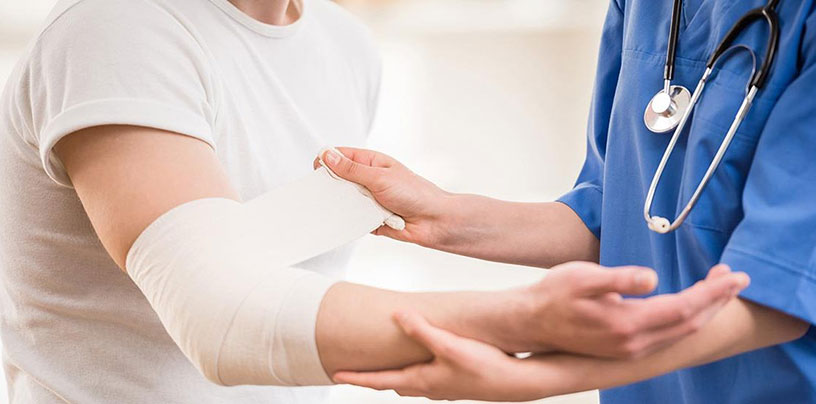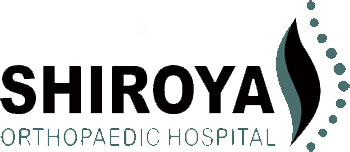EMERGENCY 24 HOURS
EMERGENCY 24 HOURS
FRACTURE

Experience world-class medical care:
1 Our center is well equipped to provide comprehensive, multidisciplinary emergency treatment required to give victims of vehicle accidents, falls, assaults and other leading causes of traumatic injuries the best possible chance for survival and recovery.
3 We have engendered sophisticated procedures in our system which minimizes postoperative infection or rather it would be appropriate to say that due to our excellent quality standards we haven’t reported any infection cases.
FAQs
What are fractures?
A fracture means a broken or cracked bone. Fractures usually happen when too much force is applied to your bone, for example as the result of an accident or fall. Fractures can also happen as the result of osteoporosis.
Is there anything I need to know about looking after my cast?
Yes. It’s important to keep your cast in good condition and prevent it from being damaged. This gives your bones the support they need to heal.
The purpose of your cast is to keep your bones still and in the right place so that they can heal properly. A cast can also help to ease your pain and reduce any swelling. If your cast becomes damaged, it’s less likely to give your fracture the support it needs.
Once the cast is on, it takes time to dry. Plaster of Paris can take two to three days to dry out and fiberglass takes about an hour to dry and become fully hard. It’s important not to damage the cast during this time.
Once your cast has dried out fully, keep it in good condition. The main things you can do are listed below.
1. Keep your cast dry. Use a double layer of plastic to cover your cast when you’re in the shower or bath.
2. Check your cast regularly and look for any damage or soft areas.
3. Check the skin around your cast regularly. Look for any signs of redness or irritation and check for signs of infection under the cast, such as a bad smell or discharge (pus).
4. Don’t push anything down inside the cast to scratch itching skin. This can damage your skin and maybe lead to infection. If you have persistent itching, see your doctor.
If your cast becomes damaged or uncomfortable, you should go back to the plaster room department.
What should I do to prevent a broken bone in later life?
Yes, taking care of our health is in our own hands. You can lower your risk of fractures in later life by taking steps to build strong and healthy bones while you’re younger. There are also things you can do to reduce your risk of falling as age.
You can also do lots of things at home to reduce your chances of having a fall. The following may help.
1. Keep your home free of clutter and check for anything that may trip you up, such as cables or loose carpet.
2. Store everyday items at an easy height for you to reach.
3. Keep your home well lit, particularly stairways.
4. Wear well-fitting shoes.
5. Put a rubber mat in the bath and install a grab rail.
6. Take extra care on the slippery path.
What’s a typical follow-up and rehabilitation schedule?
To monitor the progress the orthopaedic doctor will want to see a patient in three to four weeks, depending on the severity of the injury.How will the pain be controlled?
It is important to rest as much as possible for the first two to three days. The doctor might also recommend over-the-counter pain medication.What’s the healing process of a fracture?
The healing process begins as soon as a fracture occurs. To protect the injured area, the body will form a blood clot and new bone cells will start to grow on both sides of the fracture. The new bone cells will start to grow toward each other, absorbing the clot and closing the fracture.
